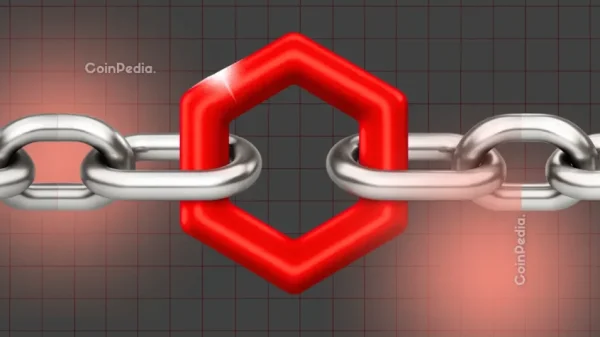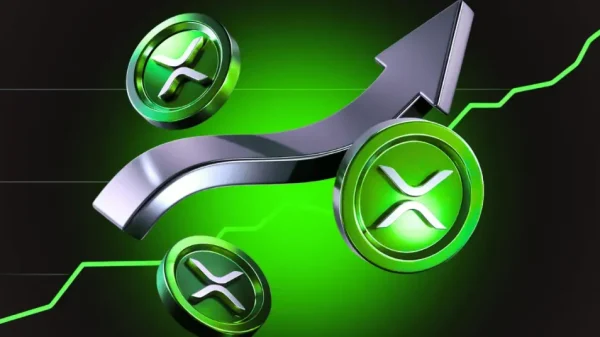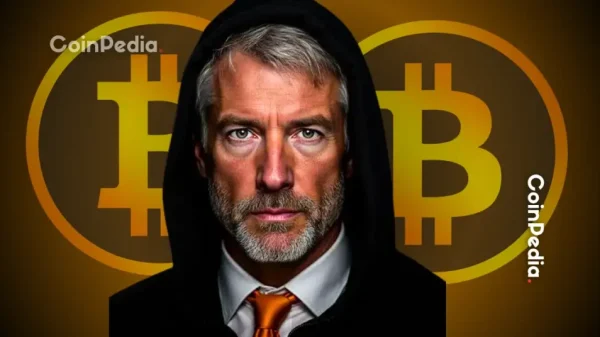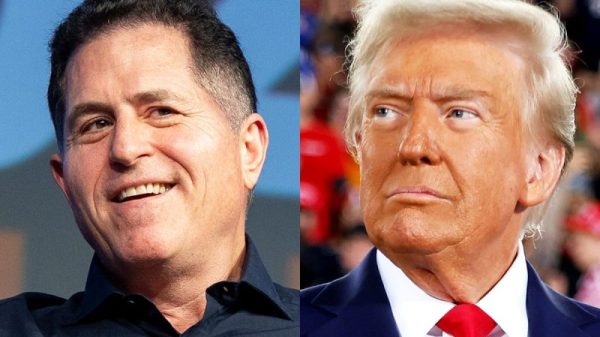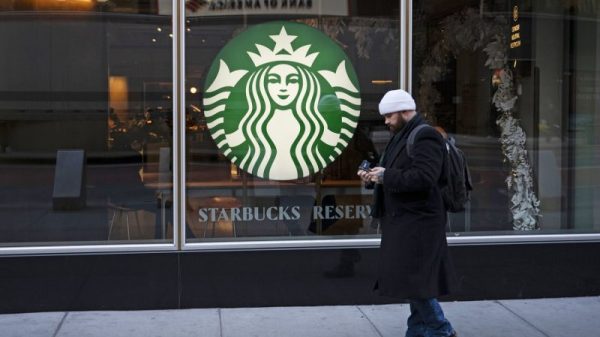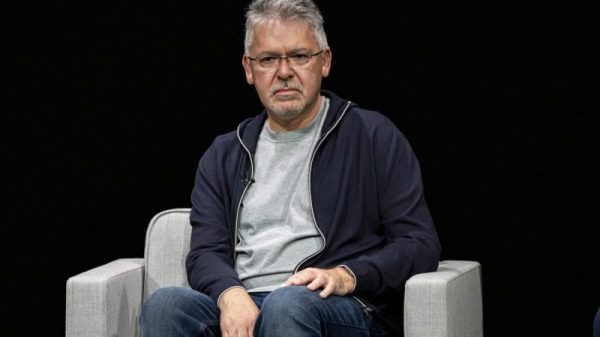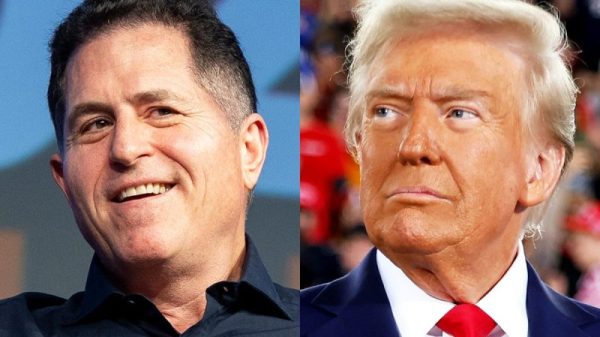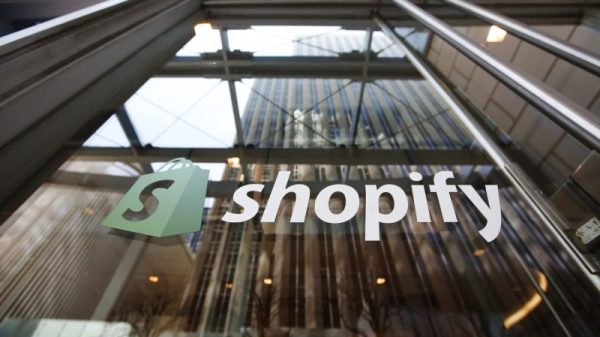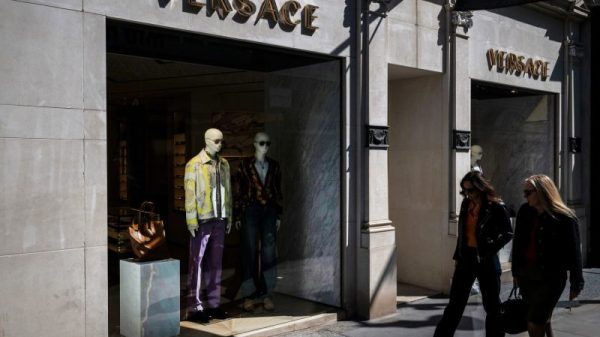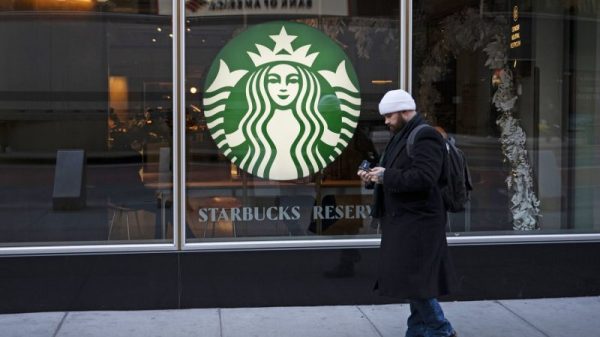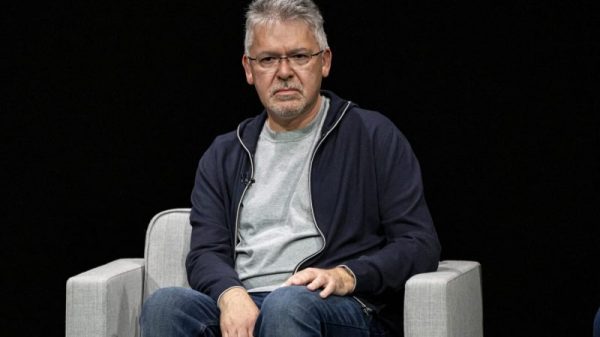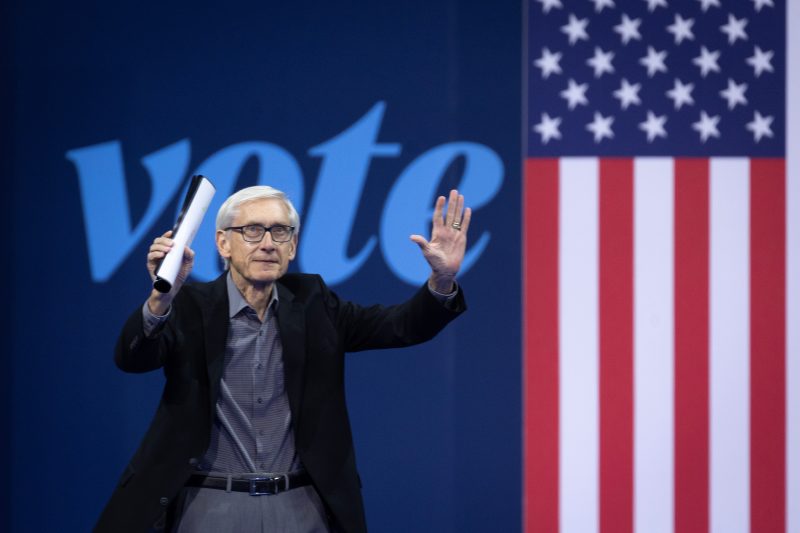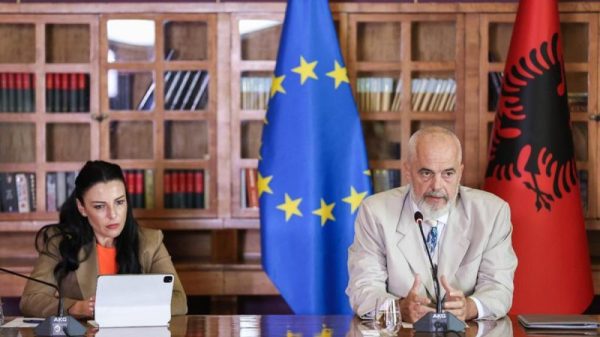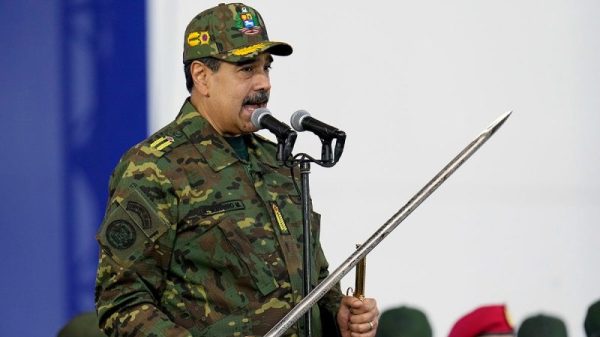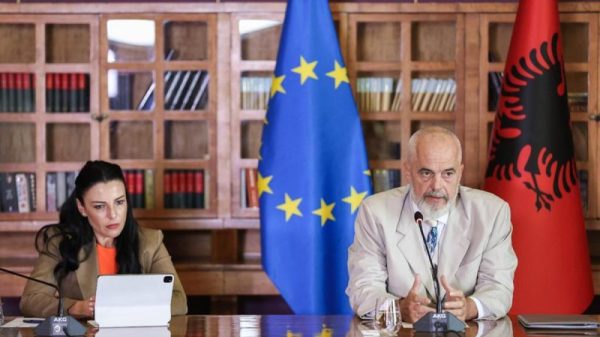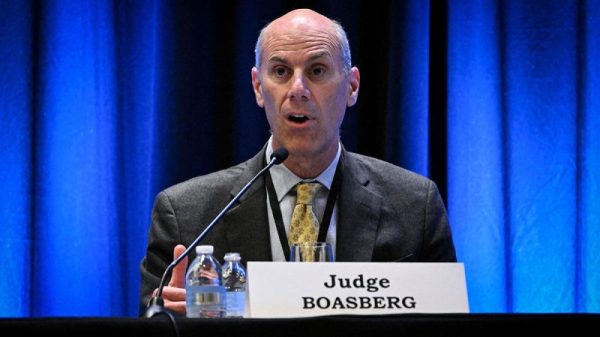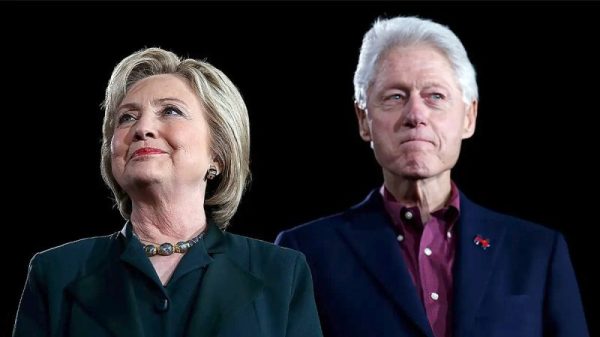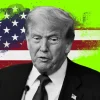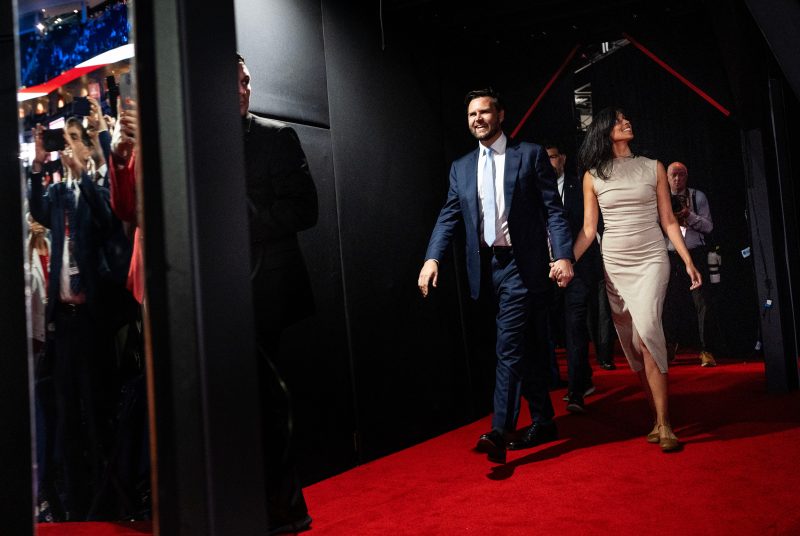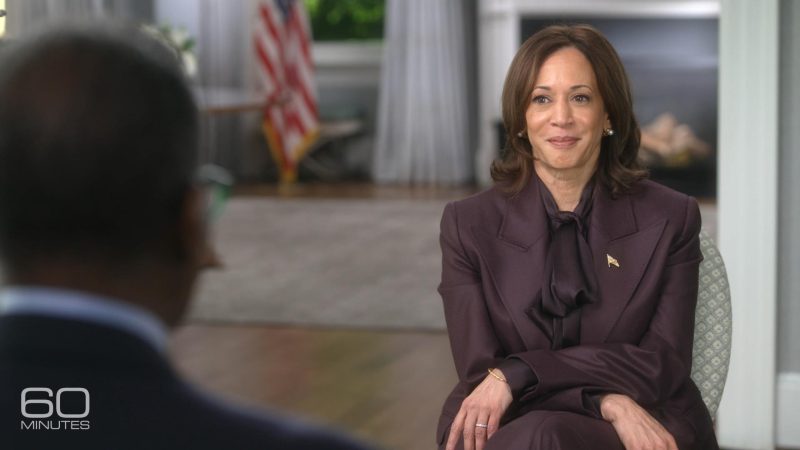
Former president Donald Trump said Thursday that CBS News should lose a broadcasting license over how it edited a “60 Minutes� interview with Vice President Kamala Harris, even though the federal government does not issue licenses for such television networks.
It was the latest example of Trump calling for media outlets that have angered him to lose their rights to broadcast — a push that evokes government control of media, which is a hallmark of authoritarianism.
Federal Communications Commission Chairwoman Jessica Rosenworcel denounced Trump’s latest call targeting CBS, flatly rejecting an idea the agency has ruled out under both the Biden and Trump administrations.
“While repeated attacks against broadcast stations by the former President may now be familiar, these threats against free speech are serious and should not be ignored,� Rosenworcel said in a statement. “As I’ve said before, the First Amendment is a cornerstone of our democracy. The FCC does not and will not revoke licenses for broadcast stations simply because a political candidate disagrees with or dislikes content or coverage.�
CBS declined to comment.
Trump has been fixated for days on Harris’s interview with “60 Minutes,� which came after he backed out of sitting for his own interview with the show, according to the network. Since Harris’s interview aired Monday night, Trump has focused on how it featured a shorter version of Harris’s answer to a question about Israel than was shown in a clip previewing the interview.
It is standard for television networks to edit interviews for broadcast, especially to fit time restraints.
“Her REAL ANSWER WAS CRAZY, OR DUMB, so they actually REPLACED it with another answer in order to save her or, at least, make her look better,� Trump claimed in a post on his social media platform Thursday morning. “A FAKE NEWS SCAM, which is totally illegal. TAKE AWAY THE CBS LICENSE.�
Trump went on to baselessly accuse Democrats of making CBS “do this,� calling it “Election Interference� and saying the party should be forced to concede the election.
Trump raised the issue again during an afternoon speech in Detroit, claiming the edited Harris interview “will go down as the single biggest scandal in broadcast history.�
The FCC says on its website that its “role in overseeing program content is very limited.� The agency licenses individual broadcast stations, not networks in their entirety.
“We do not license TV or radio networks (such as CBS, NBC, ABC or Fox) or other organizations that stations have relationships with, such as PBS or NPR, except if those entities are also station licensees,� the FCC website says.
It is not the first time Trump has called for a network to lose its broadcasting license because he was not happy with what aired or with how he was portrayed. Trump last month suggested ABC should lose its license over its moderating of the debate between him and Harris. Rosenworcel also rejected that suggestion at the time.
Even the FCC head during Trump’s presidency, Ajit Pai, had dismissed Trump’s talk of targeting broadcast licenses.
“I believe in the First Amendment,� Pai said in 2017 after Trump suggested NBC should face consequences for critical coverage of his administration. “The FCC, under my leadership, will stand for the First Amendment. Under the law, the FCC does not have the authority to revoke a license of a broadcast station based on the content of a particular newscast.�
Democrats have long criticized Trump over his authoritarian tendencies, both in his public comments and in his affinities for certain foreign leaders. He said last year that he would not be a dictator if he wins the November election — “except for Day 1,� a comment that Harris has continued to highlight through the final weeks of their race.
The “60 Minutes� episode broadcast Monday — a special pre-election episode — sparked controversy in the days before it aired. CBS said Trump pulled out of an interview with the show because it would be fact-checked, per usual. Trump’s campaign said Trump never fully committed to the interview but also acknowledged that fact-checking was an area of dispute.
Jeremy Barr contributed to this report.


